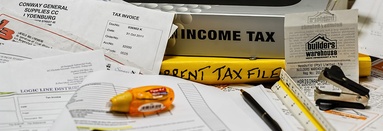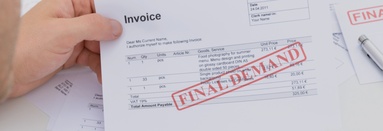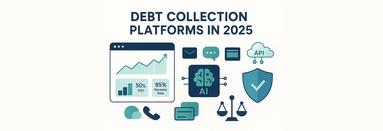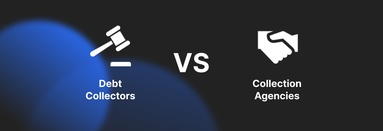Start with Digital Communication
One of the easiest ways to start the search for a debtor is by utilizing digital means. In today’s connected world, almost everyone has an online presence, and this can be a helpful first step.
Email as a First Step
If you have the debtor’s email address, this is a good place to begin. Even if they have moved to a new location, their email is likely still active. Send a polite, professional email reminding them of the outstanding debt. Avoid sounding confrontational in your first message, as this may deter them from responding.
How to Write a Professional Debtor Email
- Subject Line: Keep it clear and concise, e.g., “Outstanding Payment – Action Required.”
- Opening: Politely remind the debtor of the agreement and the outstanding amount.
- Body: Offer payment options and deadlines for settling the debt. Be clear about the consequences of continued non-payment.
- Closing: Sign off professionally, leaving your contact information for easy communication.
Using Social Media to Track Debtors
Many debtors can be located by simply searching through social media platforms like Facebook, LinkedIn, or Instagram. Look for updates on their location, employment, or social circles. Sometimes, debtors update their profile with new cities or places they’ve moved to. This can give you the clues you need to proceed.

Utilize Public Databases
Public records can provide valuable information when trying to locate someone. While it may take a bit of effort, searching through public databases can be an effective way of tracking down debtors.
Government Records and Public Registries
Access to government records can help you find your debtor. For example, you may be able to access records such as tax filings, voter registration, or motor vehicle registrations. These documents sometimes include updated addresses and contact information.
Searching for Property Records
If the debtor owns property, searching property records can provide useful insights. These records are public, and you may discover that the debtor has a new address listed in relation to property they own. Even if they’ve sold property, the records might offer clues about their new location.
Hire a Private Investigator
Engaging a private investigator can be a wise decision when digital and public records do not yield the necessary information. These experts possess the skills and tools required to locate missing persons effectively.
What a Private Investigator Can Do
Private investigators have access to specialized databases that are not available to the general public. They can track financial activities, credit card transactions, and other indicators that help locate a missing debtor. In addition, they know how to operate discreetly without alarming the debtor.
Benefits of Working with an Investigator
Though it may seem costly, hiring a private investigator can save time and increase the chances of success. Their ability to dig deep into hidden records and their familiarity with legal processes make them an asset in tough cases.
Contact Relatives, Friends, or Colleagues
Sometimes, people within the debtor’s social circle can provide useful information about their whereabouts.
Using Known Contacts to Track the Debtor
Consider reaching out to family members, friends, or colleagues. They may be aware of the debtor’s location or may be willing to relay a message. However, be sure to handle these interactions delicately, as you don’t want to cause unnecessary conflict or violate privacy laws.
Privacy Laws and Ethical Considerations
Before contacting others in the debtor’s life, familiarize yourself with the privacy laws in your jurisdiction. You must avoid crossing legal lines when trying to track down your debtor. Harassment or breaching someone’s privacy can land you in legal trouble, so always act with caution.
Use Debt Collection Agencies
If tracking down a debtor proves too challenging, debt collection agencies may offer a solution.
Benefits of Hiring Debt Collection Services
Debt collection agencies specialize in recovering debts from elusive debtors. With their extensive experience and available resources, they are capable of identifying individuals who have moved without notifying anyone of their new address. Moreover, these agencies often operate on a contingency fee basis, meaning they only get paid if they recover the debt.
How to Choose a Reliable Debt Collection Agency
When choosing a debt collection agency, do thorough research. Look for agencies that are licensed, have a good reputation, and are experienced in locating hard-to-find debtors. Be sure to understand their fees and terms before entering into a contract.
Filing a Court Case
If all other efforts fail, legal action may be your last option.
Legal Steps to Take if the Debtor is Missing
Filing a court case allows you to obtain a judgment against the debtor. This judgment can provide legal authority to garnish wages, seize property, or even freeze bank accounts. However, you’ll need to prove that you’ve made reasonable efforts to locate the debtor.
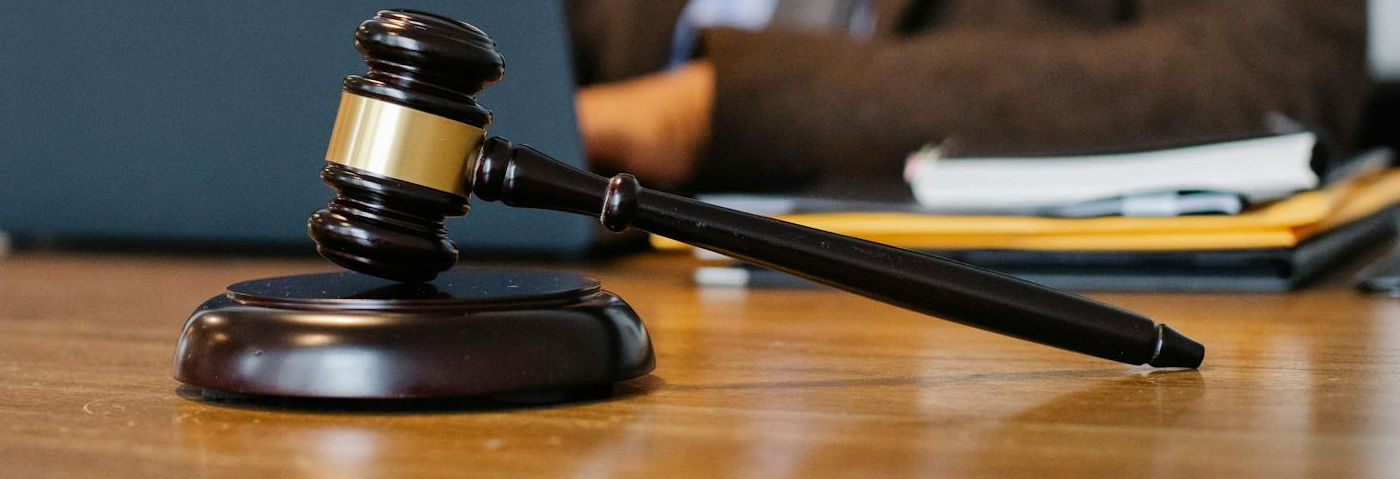
Serving Legal Notices Without a Known Address
Serving legal notices can be tricky when the debtor’s address is unknown. However, many jurisdictions allow for alternative methods of service, such as publishing the notice in a newspaper or serving a relative. Check your local laws to ensure compliance.
Keep Records of All Communication
Throughout the process, it’s vital to document all communication and steps taken.
Importance of Documenting Every Step
Maintaining a record of every email, phone call, or legal notice will serve as valuable evidence should you need to take legal action. Proper documentation also helps you track your efforts and demonstrates diligence in pursuing the debt.
How Proper Documentation Supports Legal Action
Well-kept records can support your case in court, ensuring you have a clear timeline of actions taken. This can make it easier to enforce judgments or pursue additional legal remedies if needed.
Conclusion
Chasing a debtor with no current address is undoubtedly a challenging task, but with persistence, strategic planning, and the right resources, it can be done. By leveraging digital tools, public records, professional investigators, and legal options, you stand a better chance of recovering the debt owed to you. Always ensure your actions remain within the boundaries of the law to avoid complications down the road.
FAQs
What should I do if the debtor is located overseas?
If the debtor is overseas, consider hiring an international debt collection agency or consulting with a lawyer who specializes in cross-border debt recovery.
Is it legal to contact a debtor’s friends and family?
Yes, but you must respect privacy laws and avoid harassment. Use discretion and ensure your actions are ethical and legal.
How long should I keep trying to track down a debtor?
Persistence is key, but it’s essential to balance your efforts with the potential recovery. You may need to seek legal advice if the process is taking too long.
Can social media really help in locating a debtor?
Yes, social media often provides valuable clues about a debtor’s location, employment, and social connections.
What are the costs associated with hiring a private investigator or debt collection agency?
Private investigators and debt collection agencies charge fees, often based on the complexity of the case. Some debt collectors work on contingency, while investigators usually charge hourly or flat fees.

